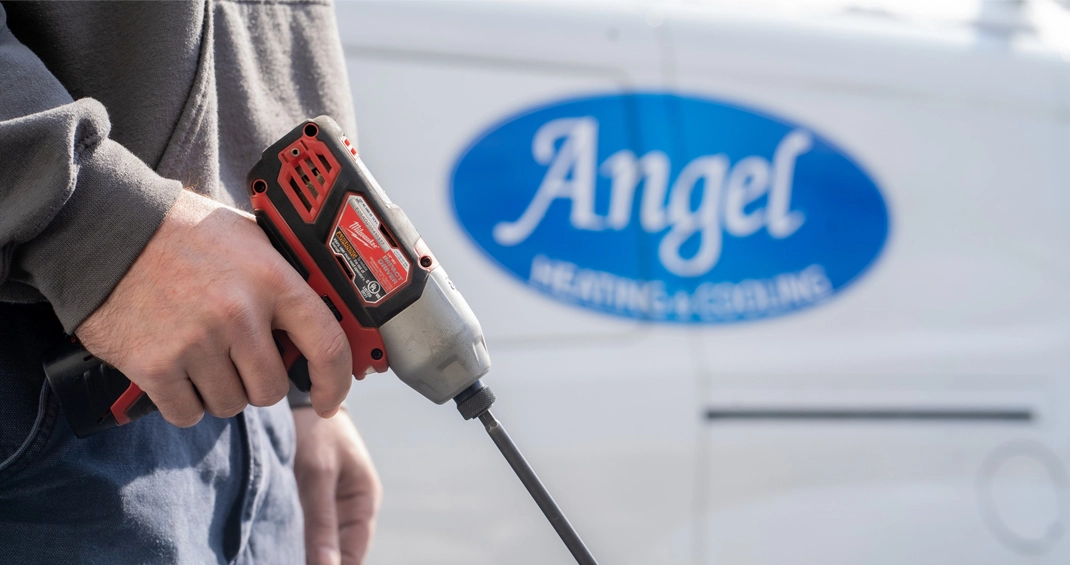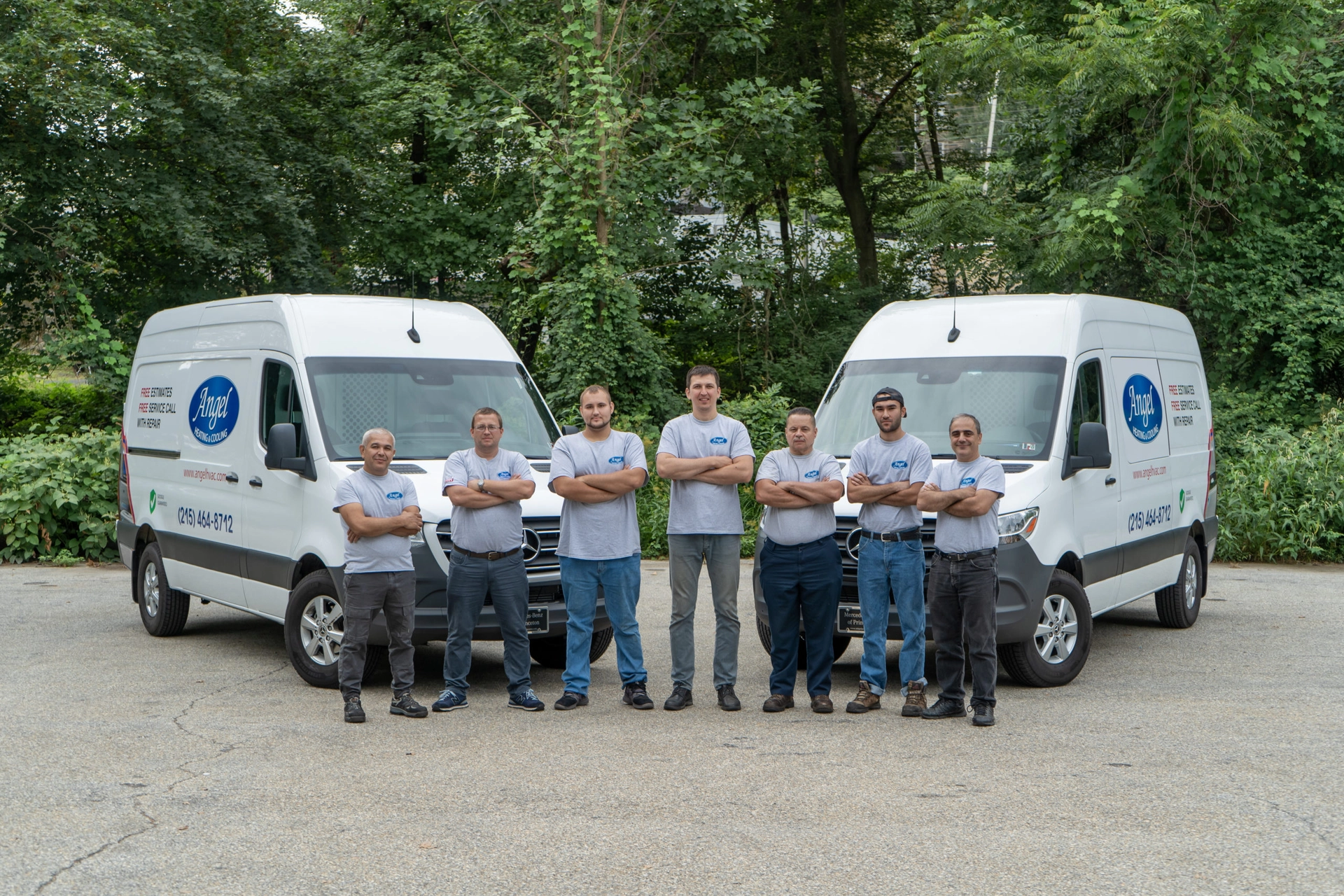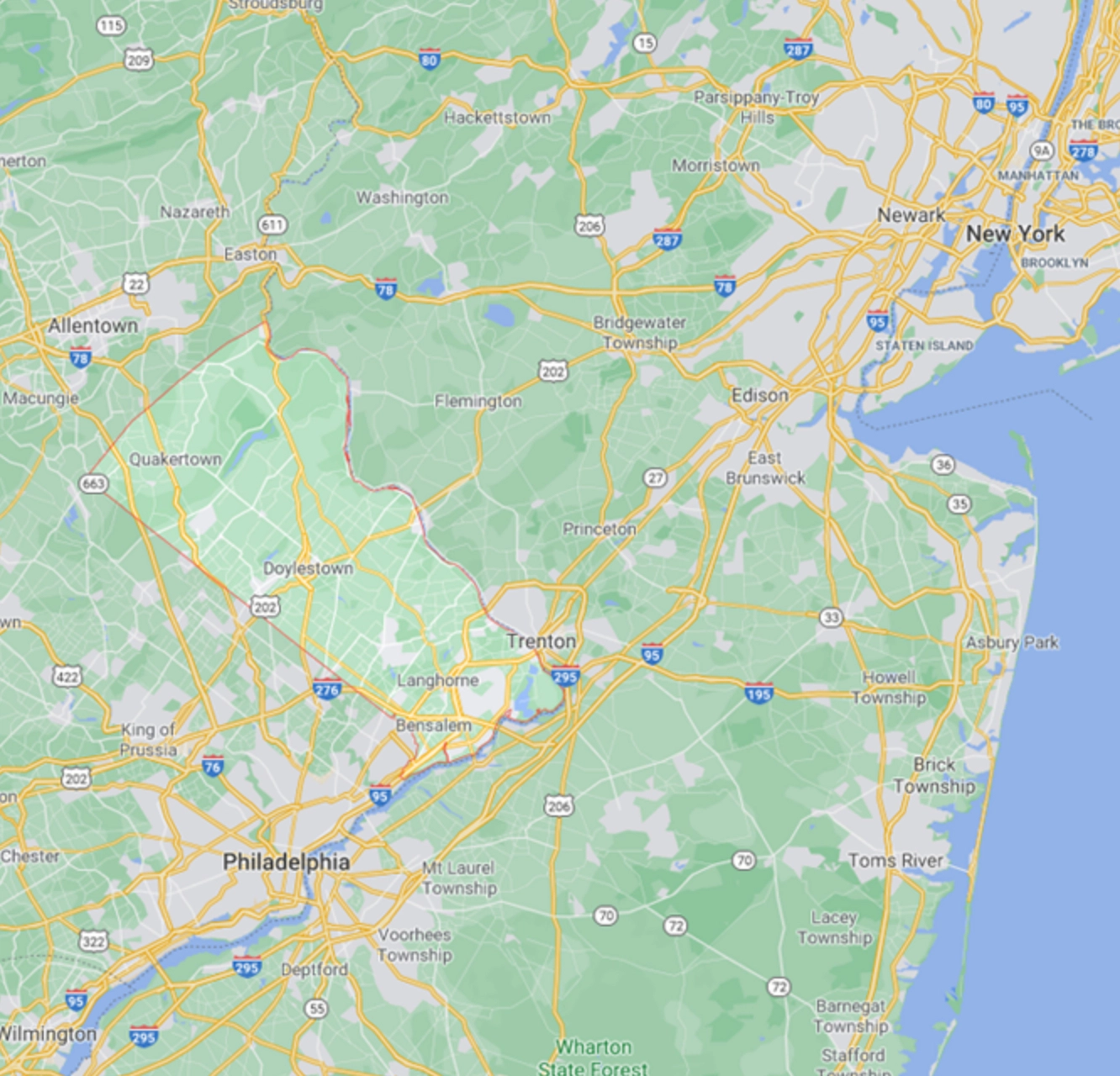The Signs of a Failing Boiler
Homeowners typically don’t pay attention to their boiler until it malfunctions. However, there are specific warning signs that can indicate that your boiler is nearing the end of its lifespan. To avoid a sudden breakdown, watch out for the following indications. If you observe any of these symptoms, get in touch with Angel Heating & Cooling for a boiler replacement in Fairless Hills:
Unusual sounds: Boilers aren’t 100% quiet all the time, but they should not be making loud, unusual noises. If you hear hissing, banging, or other strange sounds coming from your boiler, it could indicate an internal problem and mean a replacement is necessary.
Frequent repairs: To ensure optimal performance, boilers require regular maintenance. However, this doesn’t imply that they require frequent repairs. If you find yourself needing to contact a technician repeatedly within a brief period, it could indicate that your boiler is nearing the end of its lifespan.
Leaking water: Boilers use hot water to create steam, so a small amount of condensation is normal. If you notice large amounts of water leaking from your boiler or pooling on the floor around it, however, that likely means there’s a major issue and you may need to replace your boiler.
Rising energy bills: As boilers age, their efficiency may decline, and they may require more energy than usual to maintain your home’s warmth. If you’ve recently observed an abrupt increase in your heating bills, it could signify that your boiler is no longer operating at peak efficiency and necessitates a replacement.
No hot water: The absence of hot water or uncharacteristically low temperatures is one of the most prevalent indications that your boiler requires replacement. If you experience a lack of hot water or observe water temperatures that are below normal, it could suggest that you need to replace your boiler.
Older than 10-15 years: Boilers typically last around 10-15 years, so if yours is older than that it may be time to consider replacing it. Older boilers may not be efficient and will probably require more maintenance than newer units.







